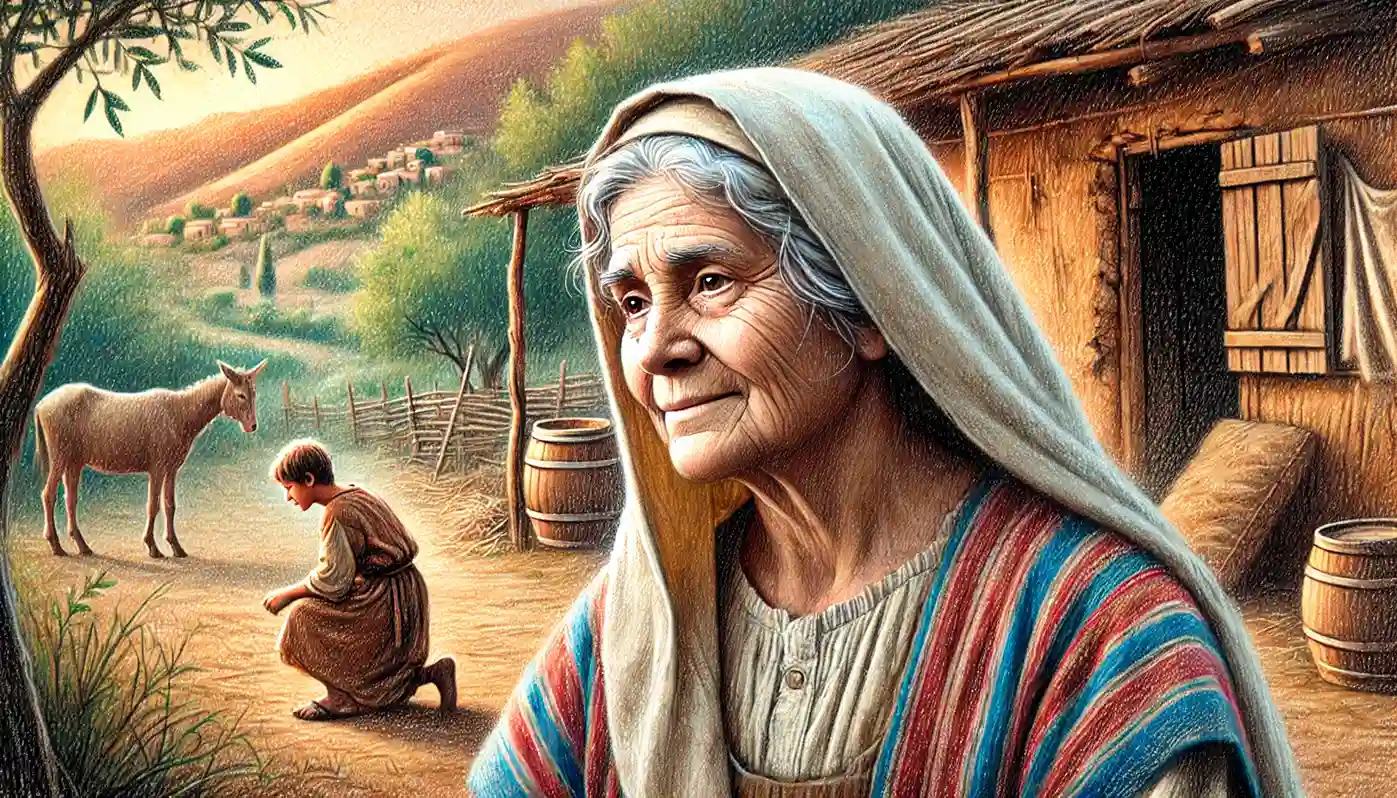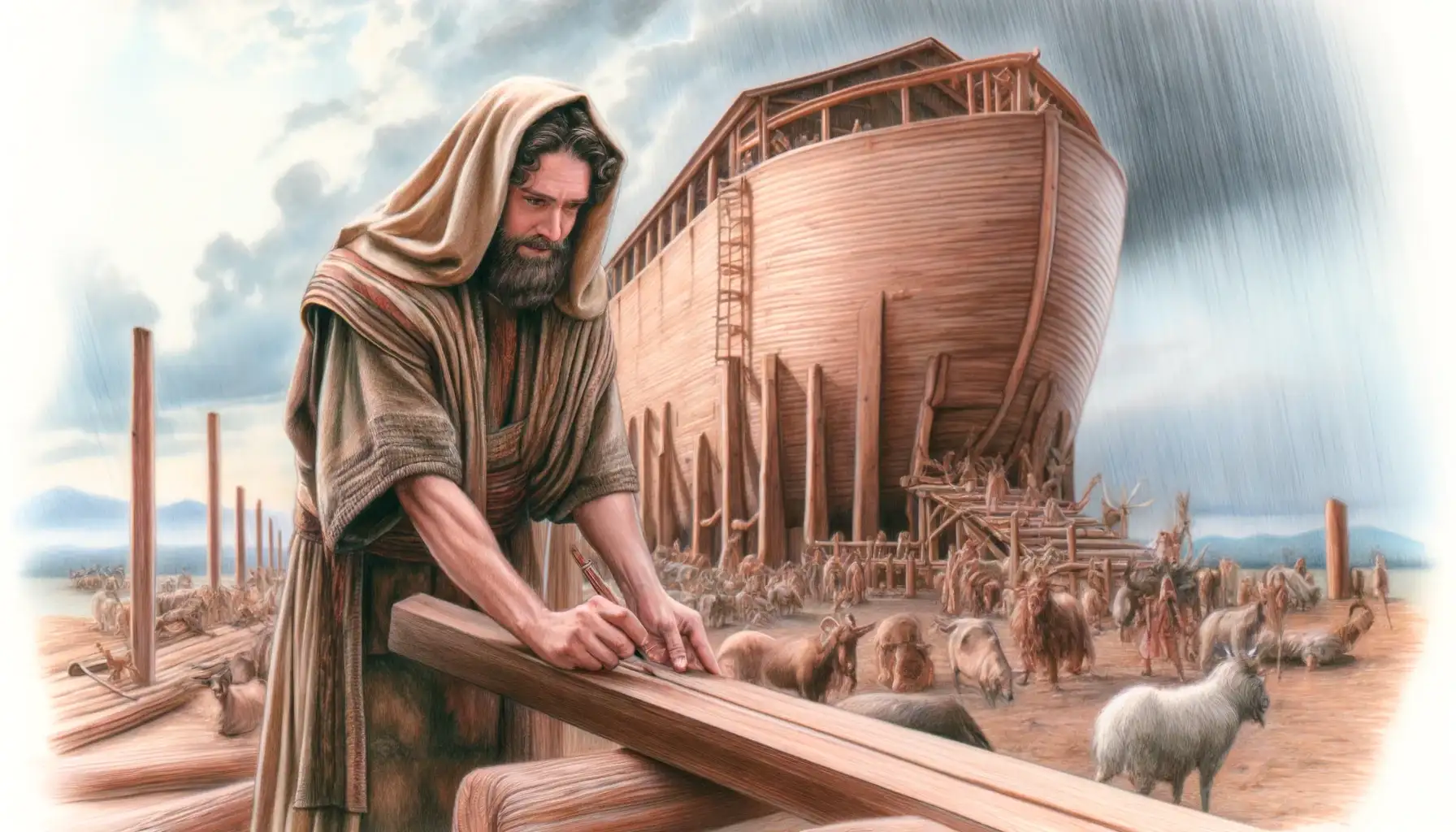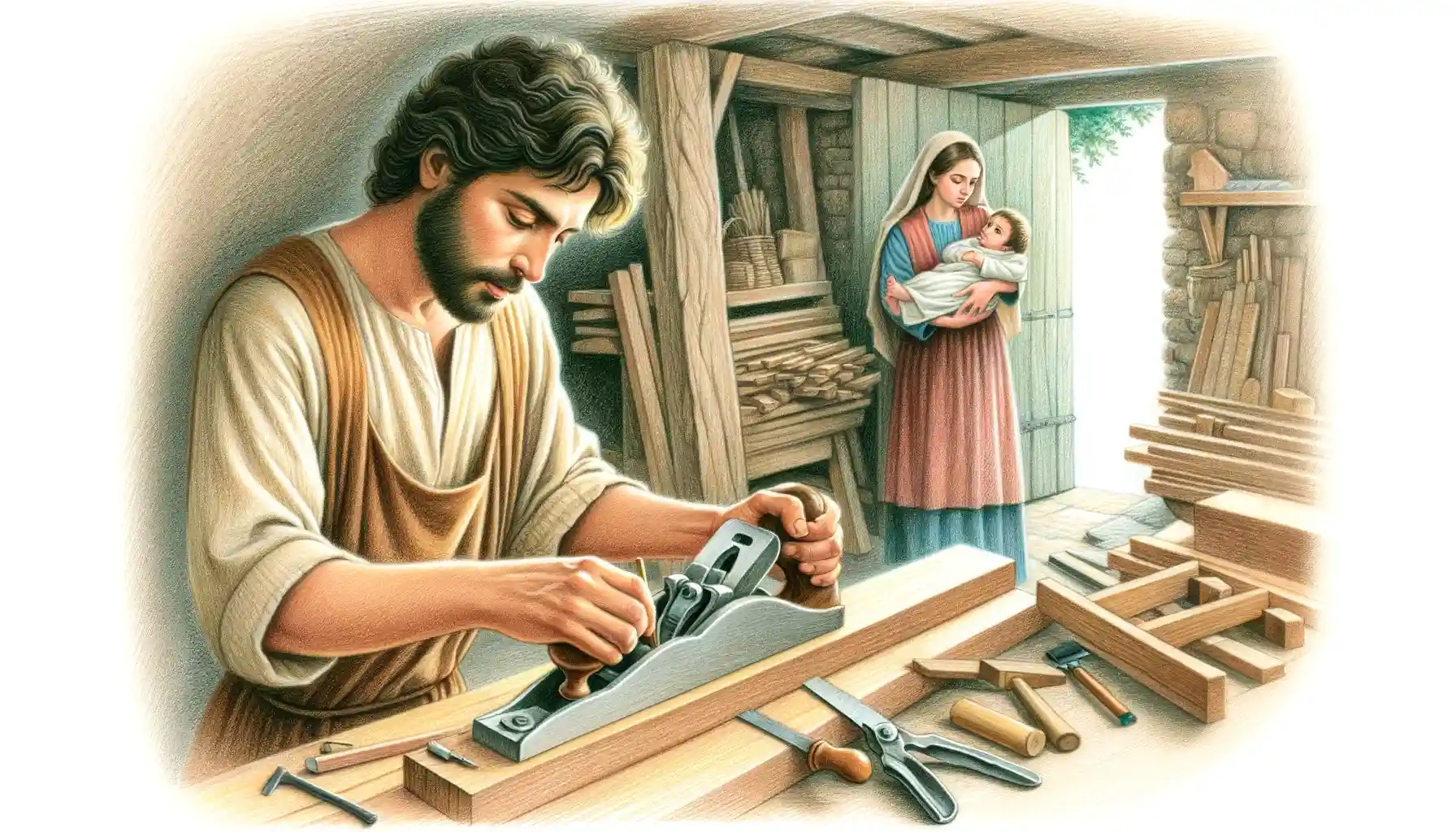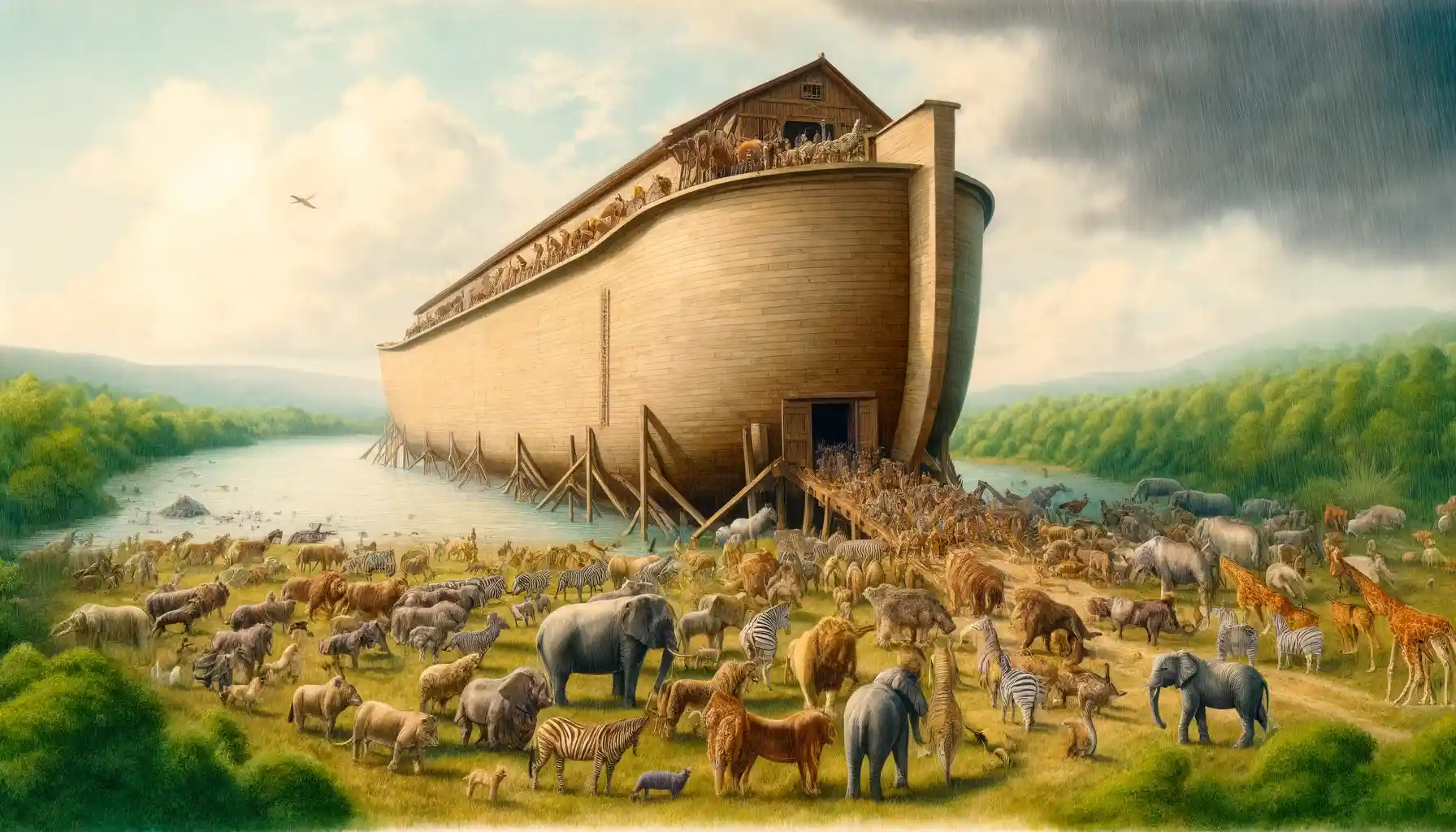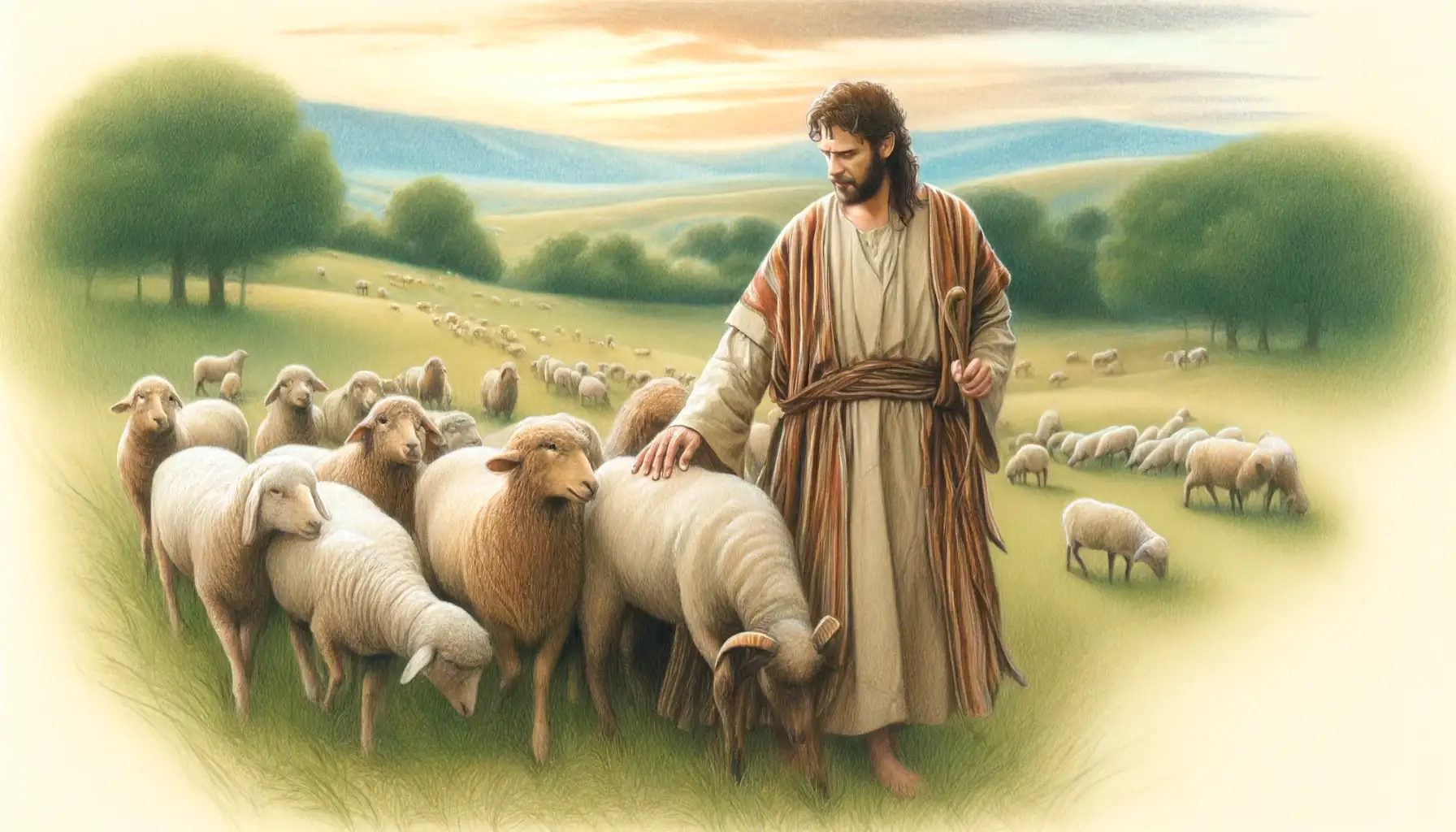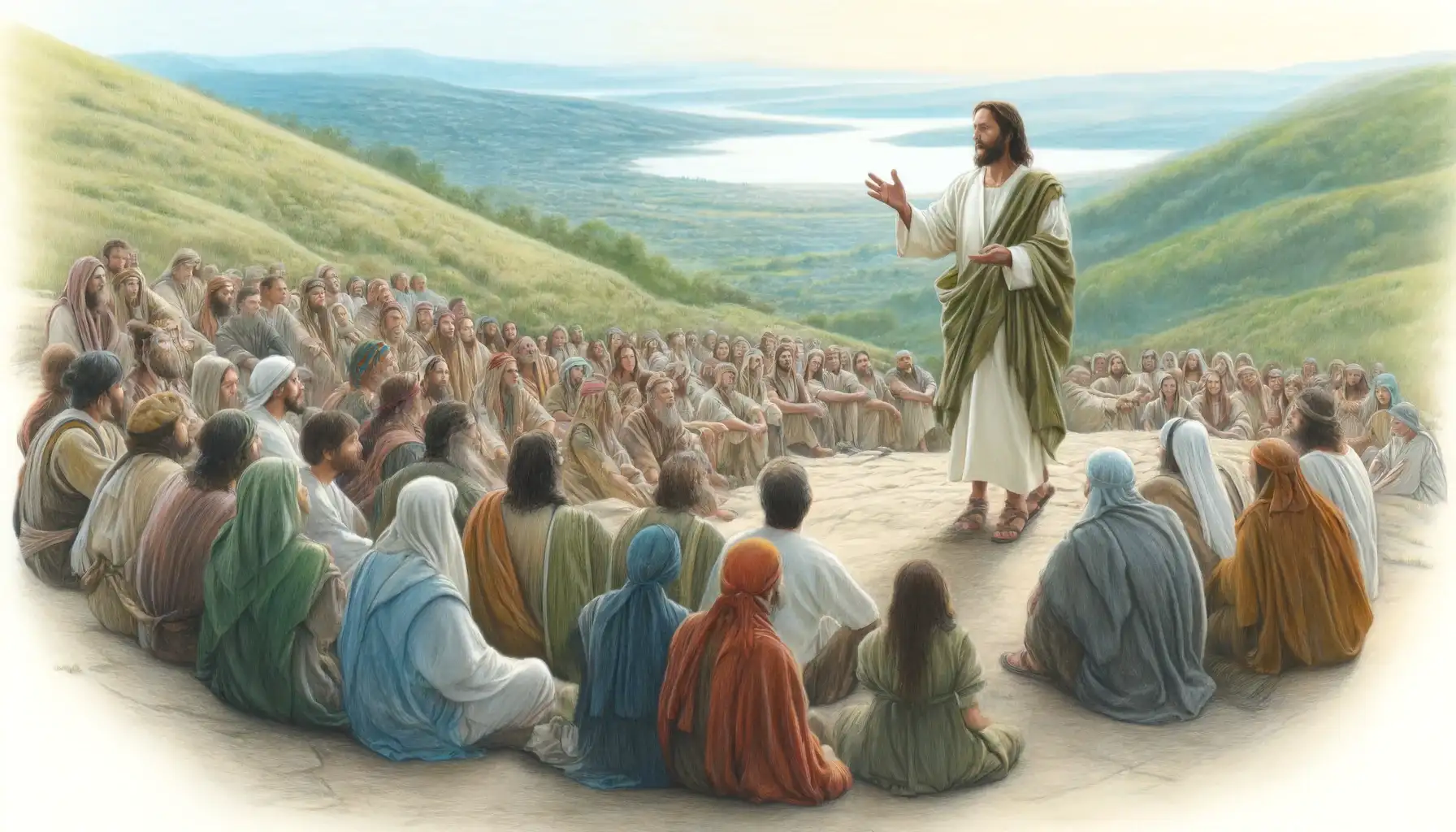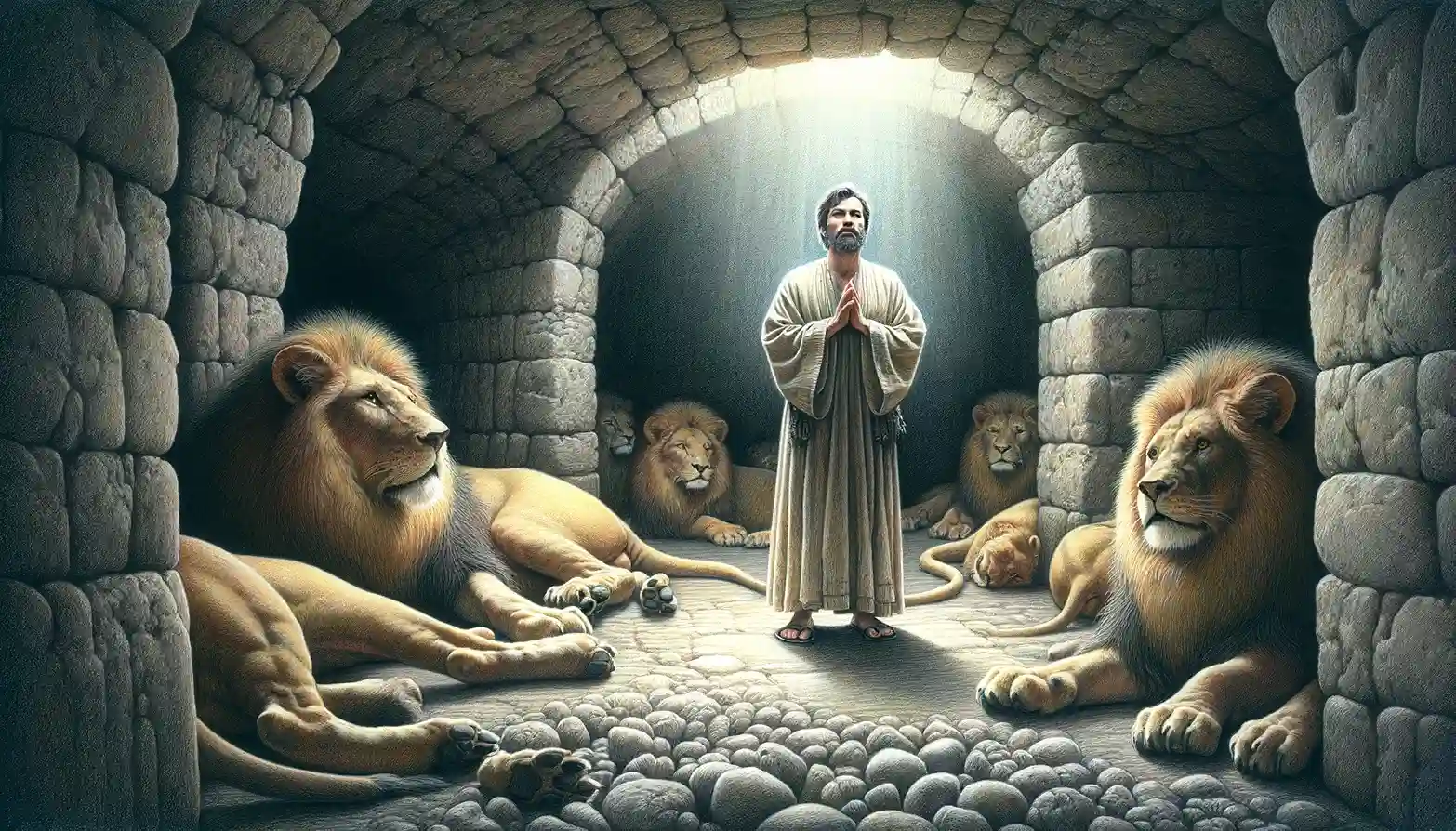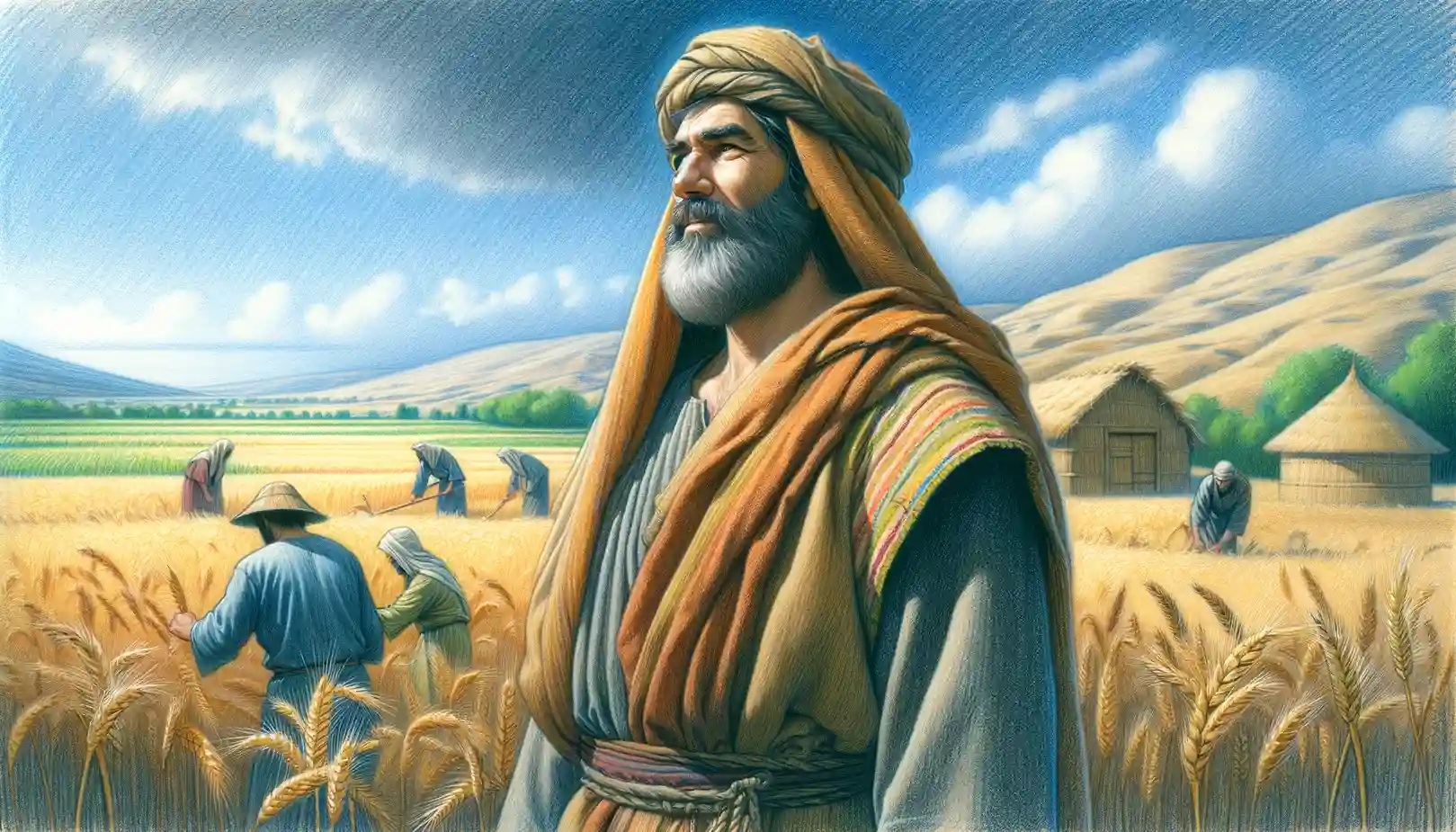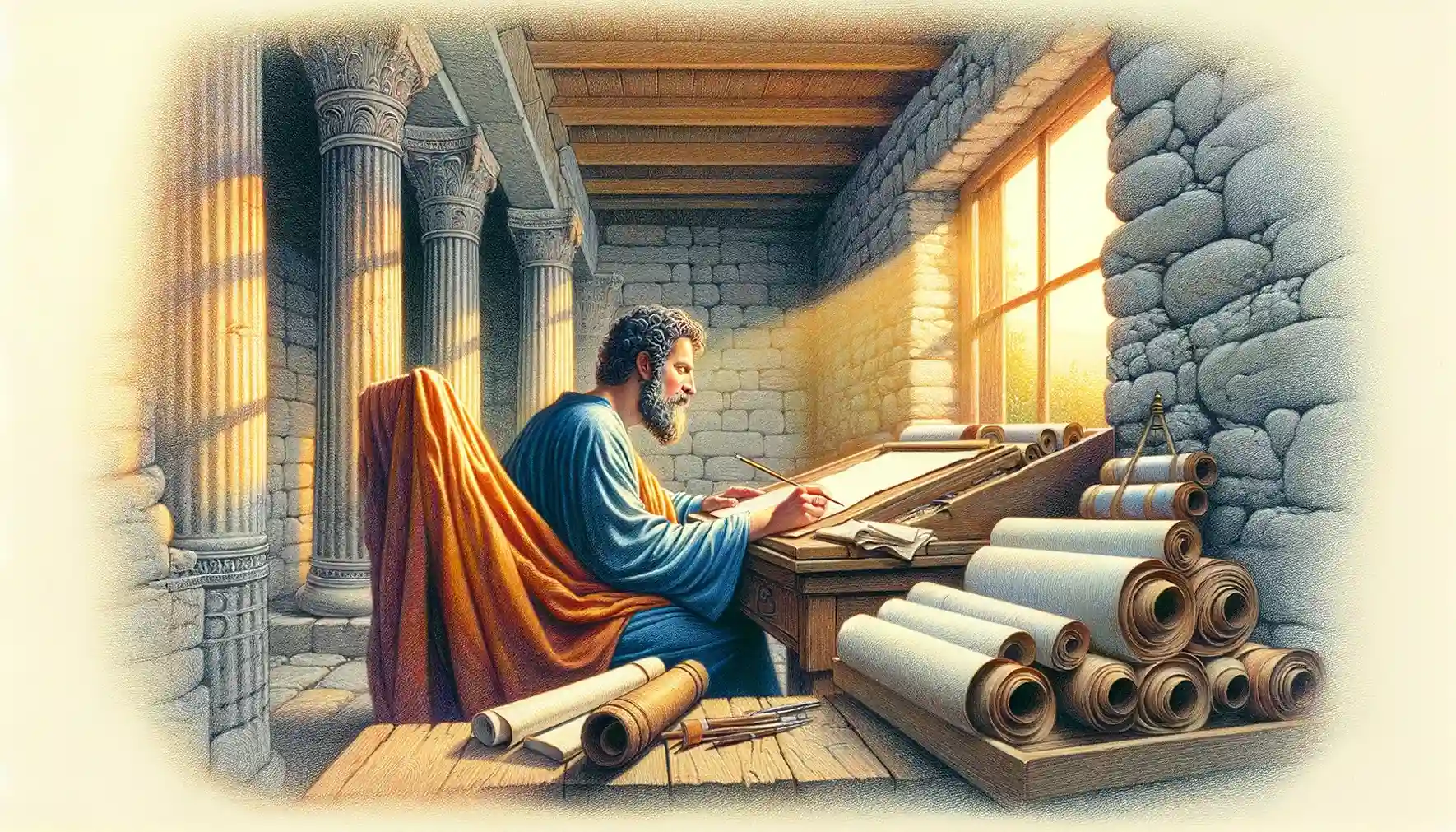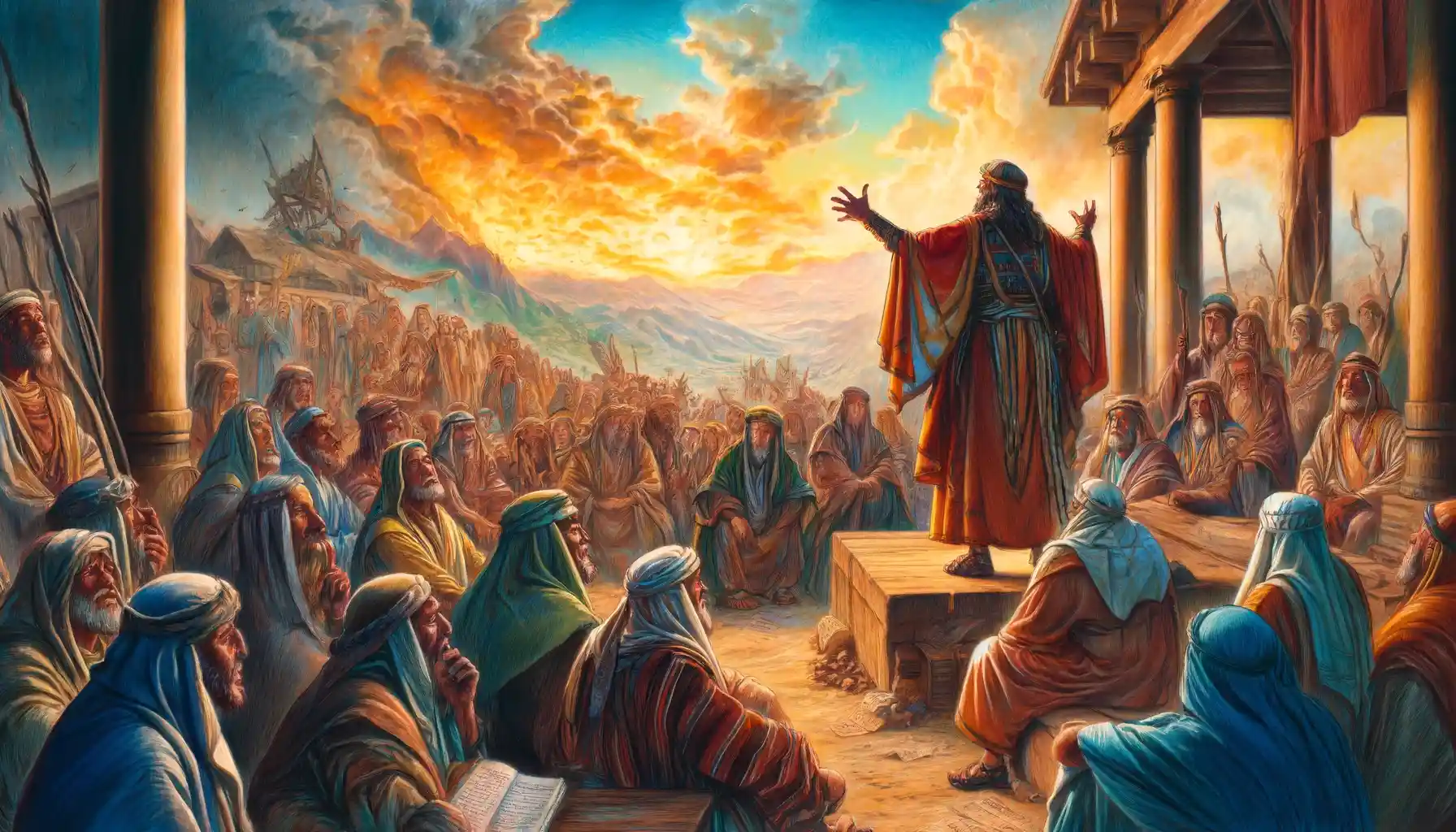Elizabeth, a descendant of Aaron and the wife of Zechariah, is notable for her righteousness and her miraculous conception of John the Baptist in her old age. Her story highlights themes of faith, divine intervention, and prophetic fulfillment.
Noah, a righteous man chosen by God, built an ark to survive the Great Flood, preserving his family and pairs of every kind of animal, and established a covenant with God promising never to destroy the earth with a flood again.
Joseph, the husband of Mary and a descendant of King David, served as the foster father of Jesus, working as a carpenter and providing crucial protection and support for his family during significant events such as the journey to Bethlehem, the flight to Egypt, and the return to Nazareth.
In the biblical narrative of Noah’s Ark and the Flood, detailed in Genesis chapters 6 through 9, God decides to cleanse the earth of its pervasive wickedness by sending a catastrophic flood, sparing only Noah, a righteous man, his family, and representative animal species who survive in a divinely instructed ark, leading to a renewed covenant symbolized by a rainbow.
Abel’s brief narrative highlights profound themes of innocence, sacrifice, jealousy, and divine justice, which resonate throughout the Biblical text and Christian theology.
The Beatitudes, as detailed in Matthew 5:3-12, encapsulate Jesus’ profound teachings on the spiritual attitudes that lead to blessedness, revealing the kingdom values of humility, mercy, and righteousness that promise divine comfort and reward.
The story of Daniel in the lion’s den, as detailed in Daniel 6, vividly illustrates the triumph of faith and divine protection, showcasing how Daniel’s unwavering commitment to his prayerful relationship with God leads to his miraculous preservation from harm, even under the decree of King Darius, thus affirming the sovereignty and providential care of God over His faithful servants.
Boaz, a prominent and righteous landowner in the Book of Ruth, exemplifies the virtues of kindness and legal adherence by acting as a kinsman-redeemer, thus ensuring the preservation and continuation of a family line that is central to the genealogical and theological narrative of the Bible.
The Book of Romans is foundational for understanding Christian doctrine, particularly Pauline theology, and remains a cornerstone for theological reflection and discourse within Christianity.
Micah’s prophecies offer a blend of judgment and hope, with a strong emphasis on justice and the ethical dimensions of true faith.

